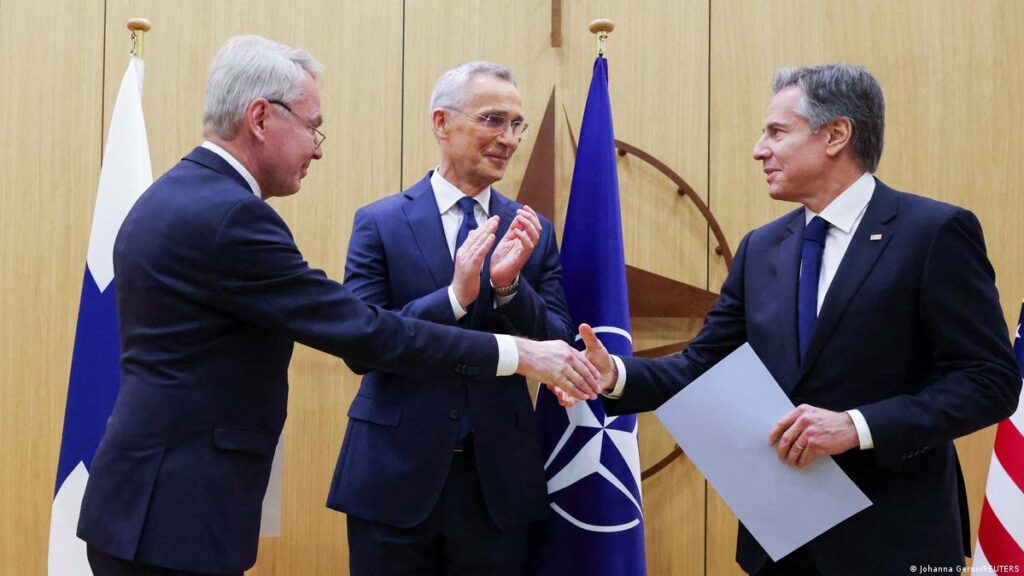
On April 4th, 2023, Finland announced that it has joined the North Atlantic Treaty Organization (NATO). The political and military alliance of countries from North America and Europe. The move came as a surprise to many. As Finland had long maintained a policy of neutrality and non-alignment in international affairs. The decision is likely to have significant implications for Finland’s security, foreign policy, and relations with its neighbors, particularly Russia.
The decision to join NATO was not taken lightly by Finland’s leaders. In recent years, Finland has become increasingly concerned about Russia’s assertiveness in the region. Particularly in the wake of the annexation of Crimea in 2014 and the ongoing conflict in eastern Ukraine. These events, coupled with a perceived lack of support from the European Union. They have led Finland to re-evaluate its security policy and consider closer cooperation with NATO.
Joining NATO will provide Finland with access to a range of military and security resources, including intelligence sharing, military training and exercises, and the collective defense guarantee enshrined in Article 5 of the NATO treaty. This will enhance Finland’s ability to deter potential threats and respond to crises, and provide a greater sense of security for its citizens.
However, after Finland joined NATO, reports of this decision having implications for Finland’s relations with Russia are coming in. Russia has long viewed Finland as a buffer zone between itself and NATO. They view Finland’s decision to join the alliance as a provocation. There are concerns that Russia may respond with economic or diplomatic pressure or even military action. to assert its dominance in the region. As a result, Finland may need to take steps to mitigate the risk of escalation, including maintaining open channels of communication with Russia and strengthening its own defense capabilities.
The decision to join NATO may also have implications for Finland’s relations with other Nordic and Baltic countries. While many of these countries are already members of NATO, others, such as Sweden, have maintained a policy of non-alignment similar to Finland’s. Finland’s decision may lead to increased pressure on these countries to reconsider their own security policies. Even lead to discussions about the possibility of a Nordic-Baltic alliance.
Overall, Finland’s decision to join NATO represents a significant shift in the country’s security and foreign policy. At the same time, it is likely to enhance Finland’s security in the short term. It may also lead to increased tensions with Russia and other countries in the region. As with any significant foreign policy decision, the long-term implications of this move will only become apparent over time.
